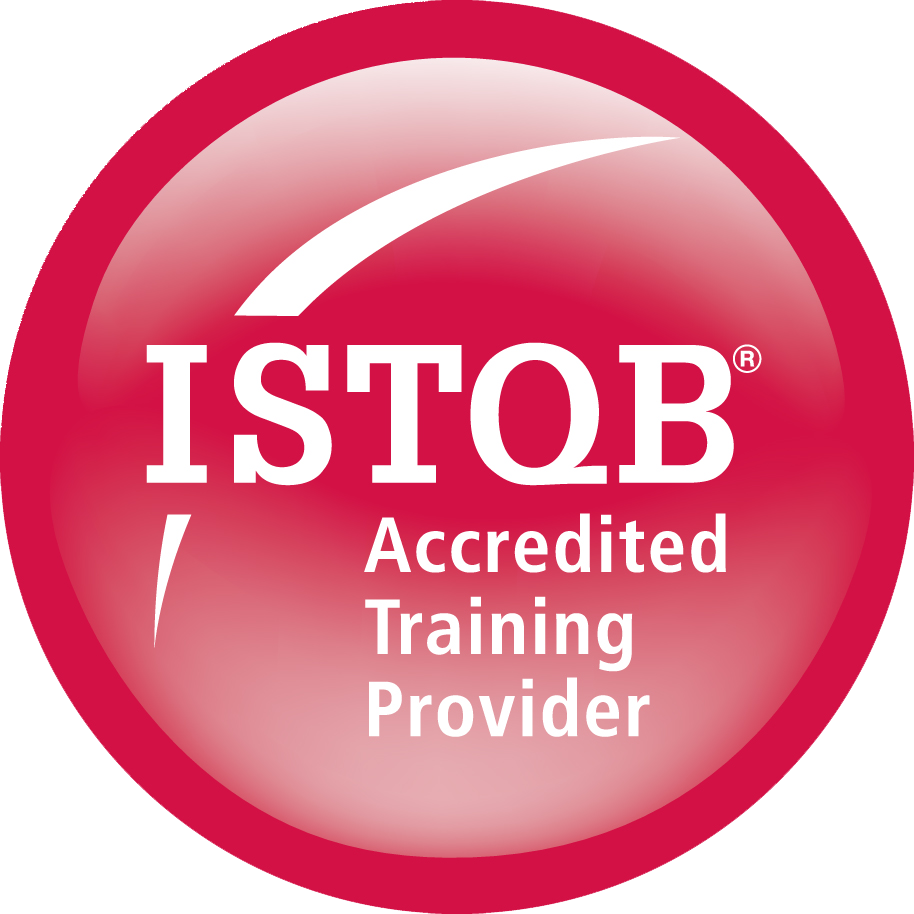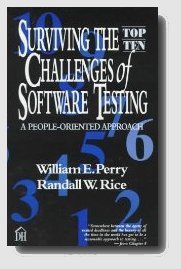

In-house classroom training or e-Learning
This four day course follows on from the ISTQB Foundation Level Course and leads to the ISTQB Advanced Test Analyst Certification. It is dedicated to test analyst issues such as producing test documentation in relation to domain testing; choosing and applying appropriate specification, defect and experienced-based test design techniques.
Scenario based exercises of various situations and topics are covered in order to present practical solutions.
You will be given exercises, practice exams and learning aids to help you attain the ISTQB Advanced Test Analyst qualification.
Course Objectives
To provide an understanding of test analysis, design and implementation that goes beyond the ISTQB Foundation level. It provides a portfolio of methods for designing tests for a variety software types within any type of software application.
Emphasis will be made on domain testing. Spreadsheets, templates and utilities will be provided to help students to devise tests that are both effective and efficient, giving best value for the testing being done in the time that is given.
Who Will Benefit
This 4-day course is appropriate for testers, developers, business analysts, quality assurance, domain testers, users and anyone wishing to gain the ISTQB Advanced Level Test Analyst Qualification.
Prerequisites
If you want to take the ISTQB Advanced Test Analyst exam, you must hold the ISTQB/ISEB Foundation certificate (CTFL). If you wish to sit the course without taking the exam, there are no prerequisites.
There is also an experience requirement of 3 years verifiable full-time experience in software or systems testing, development, quality assurance, engineering or a related field.
Skills Gained
• Ability to evaluate requirements to determine domain validity
• Identify and choose appropriate test design techniques for different applications
• Understand the differences between test conditions, test cases, test procedures and test scripts and identify when to produce them or not.
• Produce good quality test design specifications using the most effective test design techniques
• Apply suitable techniques to test quality characteristics such as performance, reliability, accessibility and
usability.
About the Materials
The materials for this course are developed by and licensed from Grove Consultants (UK).
About the Instructor
The instructor for this course is Randall Rice, CTAL.
Booking & Information
To schedule a presentation of this course in your organization, call us at 405-691-8075 or e-mail us from the Contact Us page.
Course Content
Testing Process
Explains the role and contribution of the Test Analyst throughout the test process and how they align with the roles of the Test Manager and Technical Test Analyst. Focusing on the tasks of test analysis and design the course explains appropriate uses for concrete and logical test cases, defining criteria for starting test execution, and measuring test completion status. The impact of different lifecycle models on these tasks is also considered.
Test Management
Discusses Test Analyst responsibilities that include a contribution to project metrics, risk-based prioritization and the scheduling of business domain-based tests. The impact of risk on test case selection, test coverage and test data tasks is also described.
Test Techniques
Specification Based
This section will explain and demonstrate how to use and apply the following test design techniques:
• Equivalence Partitioning
• Boundary Value Analysis
• Decision Tables
• State Transition Testing
• Classification Tree Method
• Pairwise Testing and
• Use Cases
Defect and Experienced Based
This session describes the principles and reasons for defect-based techniques and differentiates their use from specification-based and structure-based techniques. This section also explains using examples the importance of defect taxonomies and their uses. The following defect and experienced-based techniques will be
described and used to generate tests:
• Error Guessing
• Checklist-based
• Exploratory Testing
• Attacks
Candidates will analyze various systems in order to determine which specification-based and defect-based techniques best fit the application being tested.
Test of Software Characteristics
Testing the system’s functionality is an important aspect for every tester, focusing on what the system does. Another vital area for every tester is to test the software’s characteristics – how well it behaves. Analysis of suitable techniques is provided to test the following quality characteristics for the test analyst:
• Accuracy
• Suitability
• Interoperability
• Functional Security
• Usability and
• Accessibility
Other characteristics are explained and the reasons why they need technical testers to design and execute them:
• Technical Security
• Reliability
• Efficiency
• Performance, load, stress and scalability testing
• Maintainability
• Portability
Reviews
Here the focus is on using checklists to identify defects in use cases and in requirements specifications from a tester’s perspective. Sample checklists are supplied and participants learn how to present problems found in a review meeting.
Defect Management
Explains how to define and use defect classification values classify defects found. Includes a discussion of capturing, refining and using root cause information for process improvement. Also describes how to perform preliminary root cause analysis.
Test Tools
Covers tool and automation issues that are relevant to the Test Analyst. This includes business process modelling tools and knowledge of the interactions between the tools typically used by a Test Analyst.




